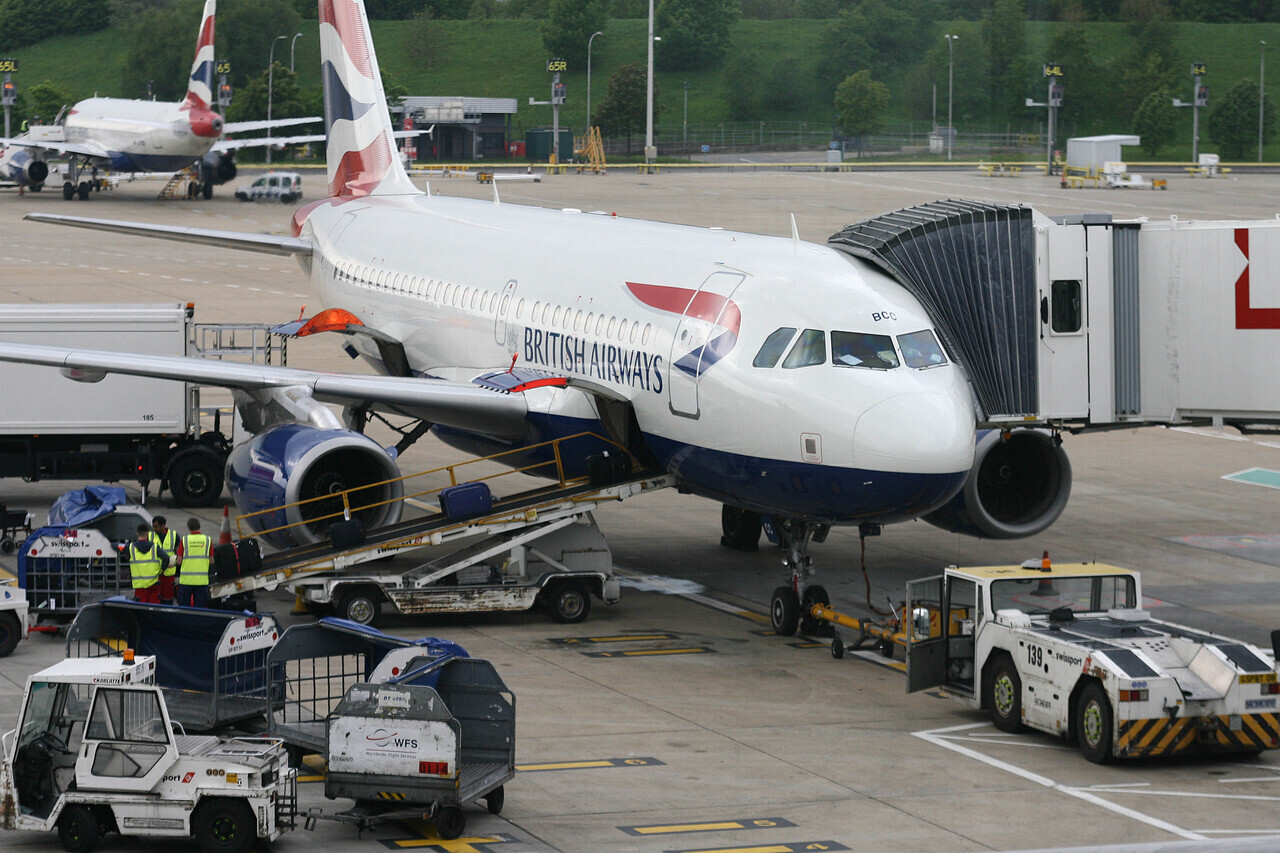International Airlines Group (IAG) posted strong results in its third quarter earnings.
Net profit for the quarter totalled €1.4bn, up 16.7% from the third quarter last year, as well as reporting an operating profit of €2bn – up 15.4% from last year. The company said its operating margin had improved to 21.6% in the period.
Revenues for the quarter climbed 7.9% €9.3bn this year. The company said this was supported largely due to passenger revenue, which increased 6.9% to €8.3bn. In addition, it cited improvements in cargo revenue and maintenance, repair, and overhaul (MRO) revenue at its subsidiary airline Iberia.
Revenue growth outpaced expenditure growth, which was up 6% in the quarter, totalling €7.3bn. Fuel costs were somewhat flat, increasing only 1.2% to €2.1bn. Staff costs climbed 14.5% to €1.6bn, while depreciation, amortisation and impairment expenditure had risen 13.7% to €597 million.
On the back of the strong results, IAG declared a €350 million share buyback programme. The company said the scheme reflects its “confidence in the strategy and business model” as well as the “long-term prospects for the business”.
“Looking at the consensus, I don’t think many people were expecting us to do a share buyback in this quarter,” said IAG CFO Nicholas Cadbury in the company’s earnings call. “Hopefully we’re accelerating ahead of peoples’ expectations.”
Goldman Sachs Bank Europe and Morgan Stanley Europe were engaged by IAG to implement the programme in sequential tranches. IAG said both Goldman Sachs and Morgan Stanley will make the share purchases on the company’s behalf.
Qatar Airways Group agreed to participate too on a pro rata basis in order to maintain its 25% stake in IAG. As a result, the €350 million buyback programme will consist of €262 million for purchases of shares in the market and €88 million for purchases from Qatar Airways.
The programme will start on November 11, 2024, and will end on February 28, 2025.
British Airways total revenue increased 5.8% to £4bn with a very strong operating result increase of £251 million, totalling £830 million in the quarter. The company said the strong performance was driven by good unit revenue and capacity growth, especially in North American and European markets, coupled with a reduction in non-fuel unit costs.
Additionally, Iberia’s total revenues were up 8.5% to €2.1bn and an operating result before exceptional items of €454 million, up €5 million from last year. It also had the highest operating margin of 26.9%, up 0.8 percentage point.
The company’s loyalty revenues had the largest increase, up 16.2% to €699 million and an operating result before exceptional items of €125 million, up €10 million.
However, Aer Lingus’ revenues fell 3% to €746 million.
“The third quarter presented a number of challenges for Aer Lingus with industrial action during the summer period, particularly in July and continued competitive pressure from US carriers,” said Cadbury.
Operating result before exceptional items fell €57 million to €139 million, as well as its operating margin before exceptional items decreased 6.8 percentage points to 18.6%. 7378
“An agreement was reached with [Aer Lingus] pilots at the end of July and as the quarter progressed we saw a recovery in demand, enabling Aer Lingus to still deliver a very good operating margin” continued Cadbury.
As of September 30, 2024, IAG’s net debt was €6.2bn and its total liquidity was €13.3bn, with a net debt to EBITDA, before exceptional items, of 1.0x.
The company’s total capacity increased 5.7% in the quarter compared to last year. All regions had seen capacity increases, with Asia Pacific having the strongest increase at 17.6%, having a 4.1% proportion of its capacity. North Atlantic, which holds the largest proportion of its capacity at 31.7%, increased 3.9%. Load factor for was up one percentage point to 89.9%. Passenger revenue per available seat kilometre (RASK) was up 1.2% in the quarter.
Aer Lingus’ capacity increased 4.2% in the quarter, while its load factor was down 0.4 percentage point to 85.1%. Revenue passenger kilometres (RPK) was up 3.6%.
British Airways’ RPKs were up 5.3%. The airline’s load factor was up 1.5 percentage point to 89.1% and capacity climbed 5.3%.
Vueling’s capacity and RPK was flat in the quarter, with its load factor up 0.2 percentage point to 94.7%.
Iberia and LEVEL both recorded positive increases to capacity, load factor and RPKs.
The company had 599 aircraft in service at the end of the period. Cadbury said the company would like to invest quicker into its fleet than they are currently, but that there is “not a lot we can do about it” as supply chain constraints persist.
The company forecast a full year guidance of €3.1bn in capital expenditure with 20 aircraft to be delivered in the year, including four in the fourth quarter. In November last year, the company said it expects gross expenditure to average €4.5bn on average over the next three years.
“Our guidance is still the same,” said Cadbury, “but as you can see delivery programmes, and particularly some of the refurbishment programmes, are slipping slightly to the right with supply chain issues.”
IAG also guided a planned capacity growth of around 5% for the fourth quarter and a full year growth of around 6%. Non-fuel costs are expected to be up only 2% in the year, largely reflecting disruptions throughout the year, as well as aircraft delivery delays. Total fuel costs for the fuel year are expected to be around €7.7bn.
The company added that leverage is set to “increase modestly” by the end of the year, and expects the strong momentum to continue through year end.

